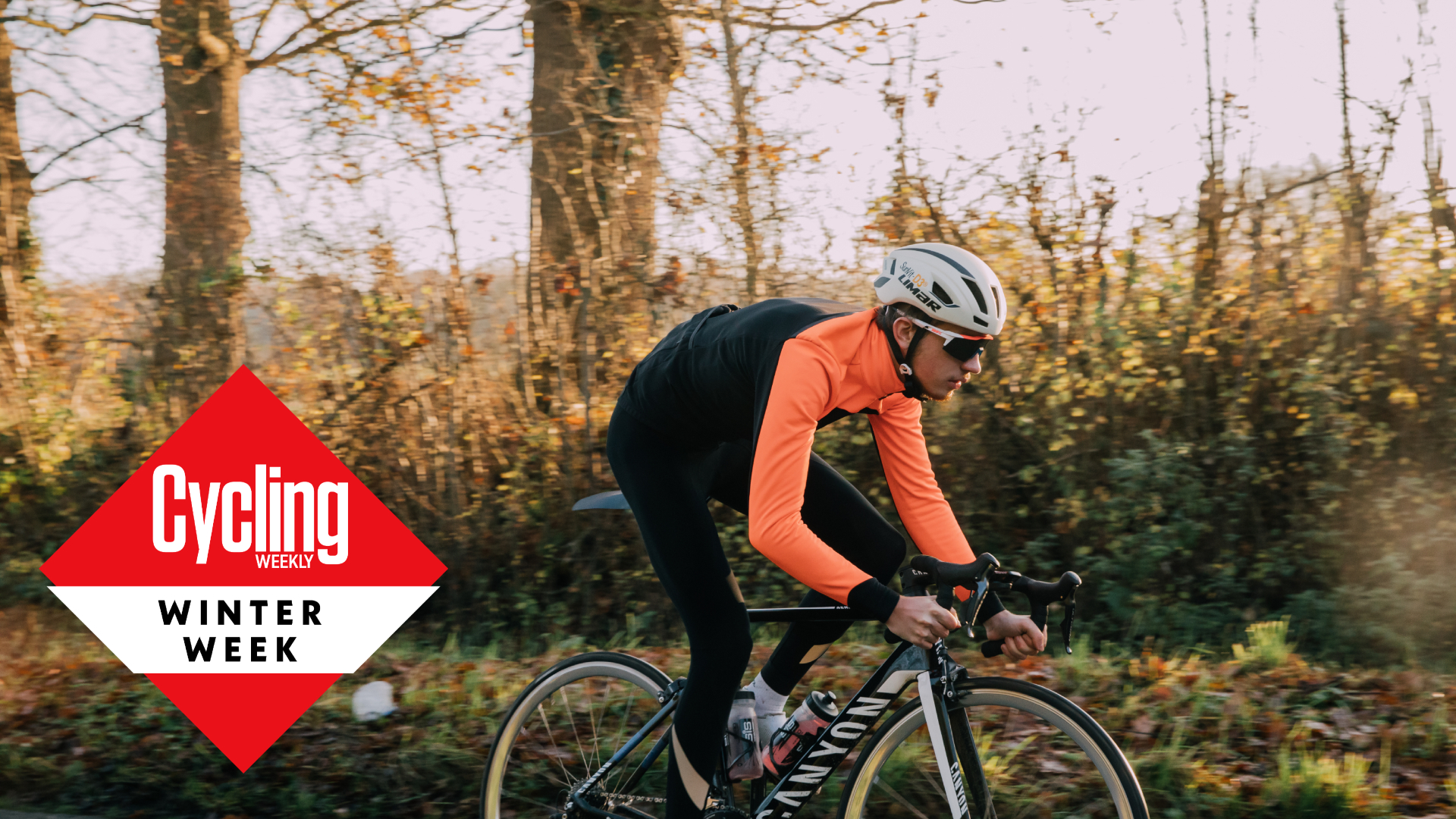
The road season has ended, the weather has turned, and dropping temperatures across the Northern Hemisphere can be mirrored in motivation levels.
As a cycling coach, to pros and amateurs, I've seen it countless times - the mercury drops, and so does the enthusiasm for long, hard miles.
It doesn't have to be this way. An off-season break is thoroughly recommended, but, once you're recharged, here's how to pick up the pace and keep the passion high.
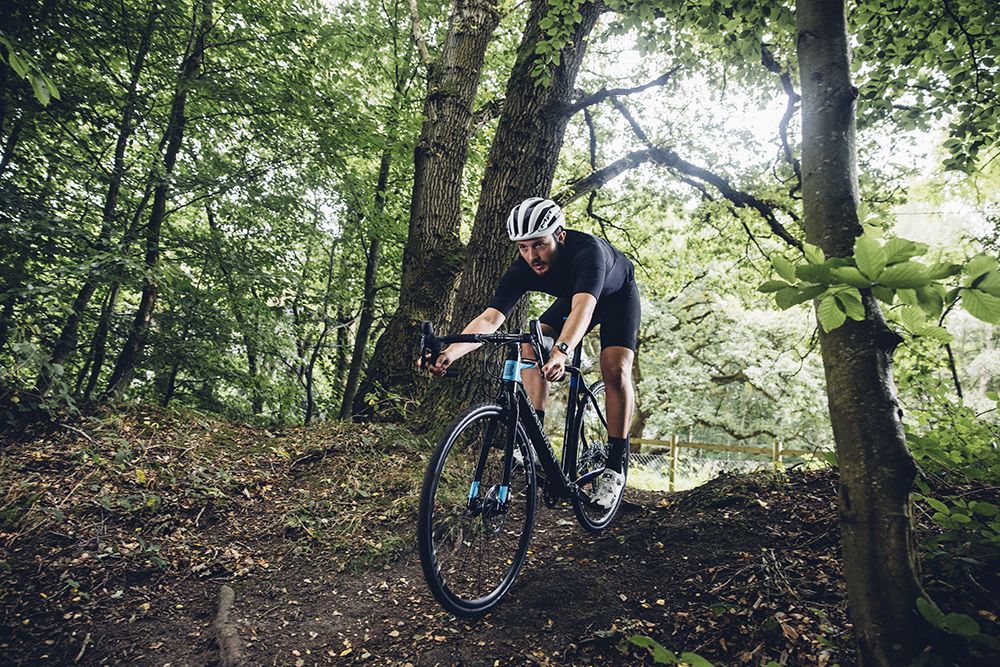
Find a new route
With winter training often consisting of longer endurance rides, why not make those a bit more interesting by discovering some new roads, or, new routes? You can often find some hidden gems of roads as you wind through narrow country lanes. There are several route planning tools which offer great ways to discover new routes and roads in your local area - check out Strava's offering, as well as that from Komoot and Garmin Connect's Heatmap - while driving to a new location can open up more opportunities.
Try a new sort of discipline
Sometimes it can be fun to get off the road and hit the trails or even the velodrome. There are so many styles of cycling you could experiment with: gravel, mountain bike, track, even bikepacking if you can brave the weather. Each discipline offers different skills and physiological requirements that can add a vital variation to your training stimulus as well as applicable cross-disciplinary skills.
Venture indoors
Indoor training has come a very long way in the last few years. Gone are the days of staring at a fan or a wall as you sweat profusely. With the likes of Zwift, Rouvy, Wahoo X and MyWhoosh there are a multitude of indoor training platforms to help make those indoor hours tick by faster and be more interesting.
Make sure you enjoy some outdoors
Equally, a lot of people train indoors a lot more through the summer, and may use it as their main means of improving their health or fitness. Even if you live in a city, venturing outdoors can lead to plenty of new adventures. If you don’t want to deal with city traffic, maybe take one weekend a month to drive out and find a new place to ride.
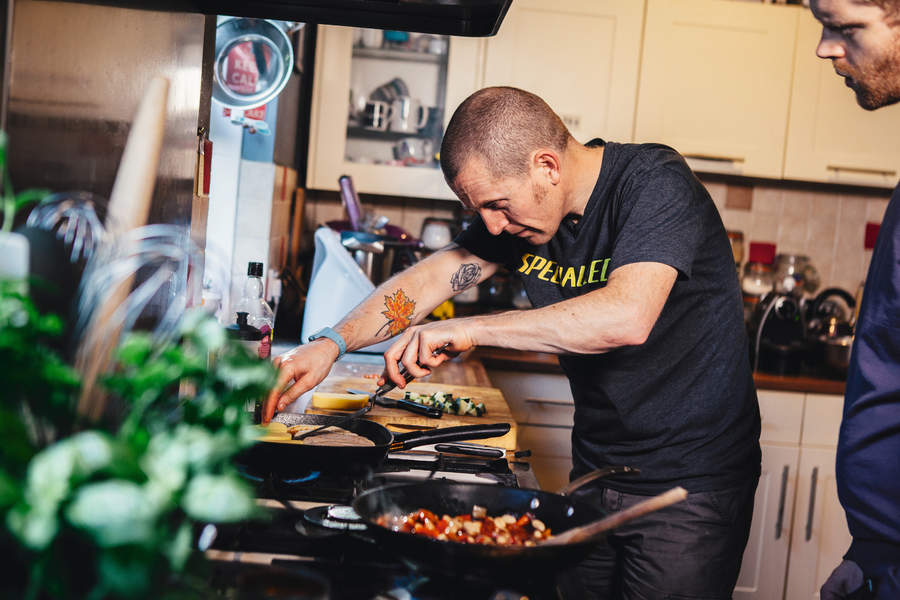
Treat yourself to new winter gear, or an indoor trainer
We all love a little treat and sometimes it can be just the trick to boost our motivation. Maybe it’s some faster winter tyres that still have good puncture protection. It could be a new piece of winter weather training equipment to make those winter miles more fun. Or you could upgrade your indoor training setup to turn your pain cave into a training paradise.
Experiment with new recipes for ride food
With increased training as winter endurance miles rack up comes an increased need to fuel the work required. There are plenty of sports supplements available on the market, but you can have a lot of fun making your own. There are plenty of cook books out there for inspiration, check out the books by pro chef and cyclist Alan Murchison as an excellent starting point. Homemade recipes allow you to tailor your snacks exactly to your tastes, and, save a good chunk of money!
Hit a new fitness goal
This is a fairly common one. A lot of us ride with the aim to complete a goal, achieve a new level of fitness, or lose some weight. Having a goal can help to keep you accountable to your training and give light at the end of the tunnel during the darkest of the winter months. You can use it as an opportunity to do something new that you’ve never done before, or try and improve on a previous performance.
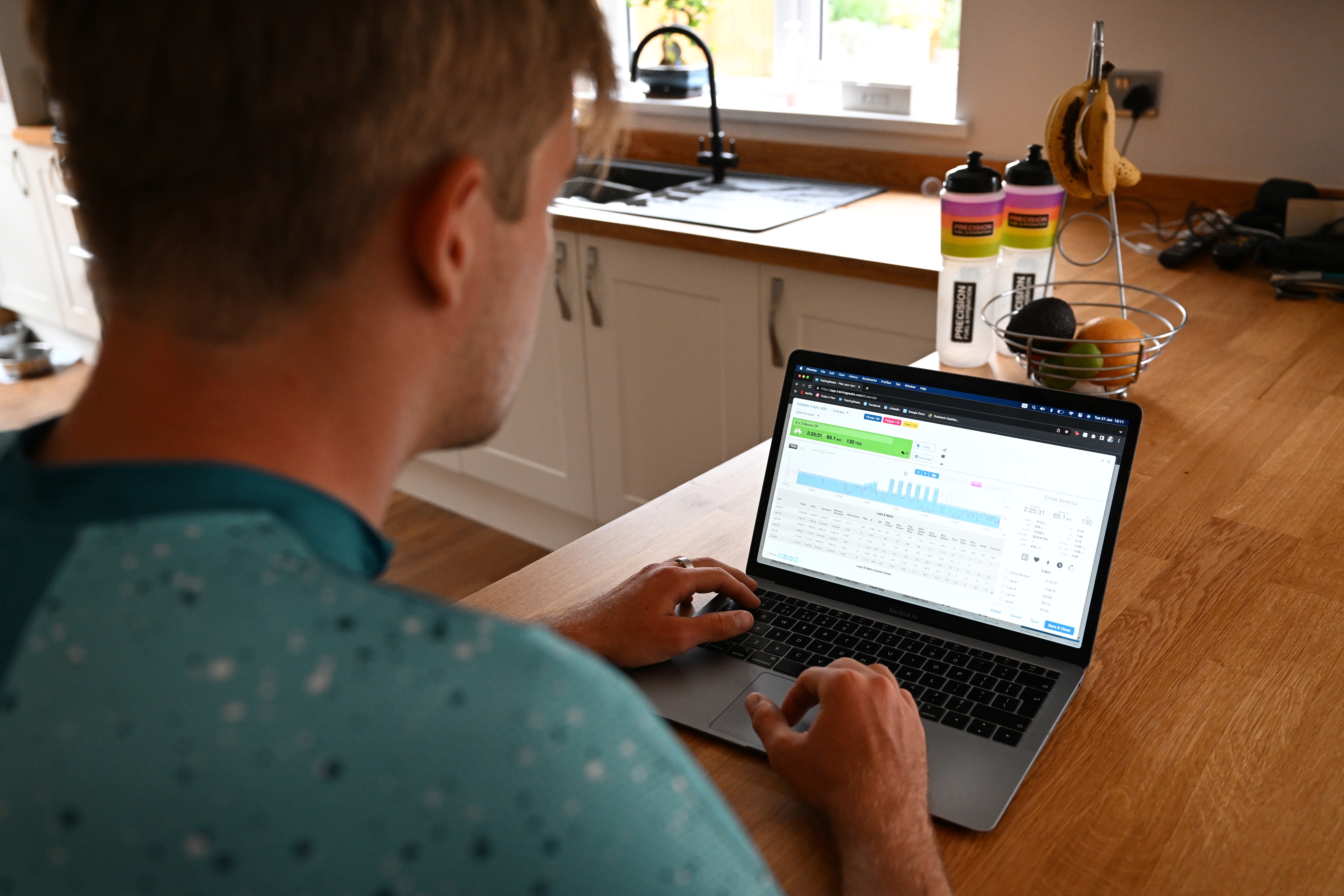
Ride with new people
Shared suffering can make things more fun. Often cycling can be a sport of solitude, which at times can be what you want. However it also offers the opportunity to meet and socialize with other like-minded individuals. There are loads of cycling clubs that offer different levels of riding to cater for lots of different abilities. They can be a great environment to learn new skills, make new friends, or provide some friendly competition on the group-ride climb or sprint.
Try a Strava challenge
In lieu of any specific goals or the fact that they may be set several months in the future, there are some fun ways to set some intermediate challenges. Strava offers a range of monthly challenges that award you a virtual badge of achievement, discounts on cycling brands upon completion, or even entry into prize draws!
Start a training plan
If you’ve set some fitness goals but you’re unsure of how to achieve them, there are lots of off-the-shelf training plans available on the likes of TrainingPeaks, Zwift, or some coaching companies offer standalone plans or even taster plans. It can give your training some structure and help you towards your goals.
Get a coach
The next step up from following, or devising your own, training plan is signing up with a coach. A good coach should be able to work with you to help determine some goals and motivate you with your training. They should then make training plans and sessions that work specifically towards your goals while being tailored to your individual physiology. It also gives you someone to be accountable to and someone who can mentor and teach you more about the hows and whys of both training and the events you may be targeting. Pricing will vary based on experience, qualifications, or the level of involvement the coach will have with you.
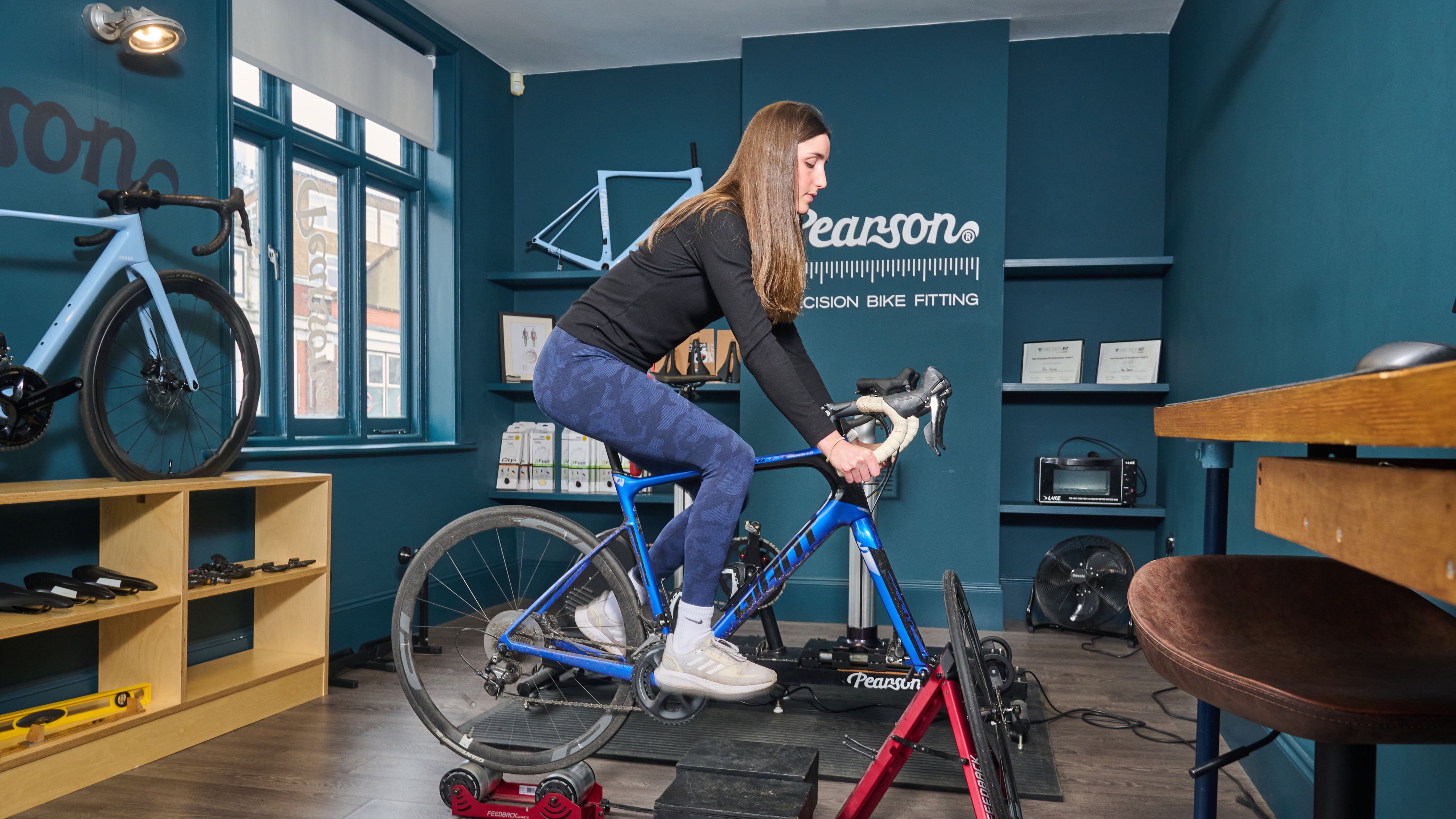
Set new goals
Along similar veins to fitness goals, you can set a more generic goal. Maybe you want to be able to service your bike yourself, change a headset bearing, or build up a winter steed. You can also learn useful skills such as track standing or bunny hopping.
Check in for a bike fit
Bike fits are an often overlooked aspect of cycling. For younger riders who grow year on year, it’s important to make sure their bike fit is adjusted accordingly for them. Even for senior riders who aren’t growing, we still experience changes to levels of flexibility or encounter injuries that require a change in bike fit. We may even want different setups depending on what our goals are. For road racing it’s important to balance power production with aerodynamics, while still looking to avoid injury. For gravel riding a more upright position for better handling off-road and reduced pressure on hands or seating area.
Go cycling abroad
The pros head off to warmer climates in the winter to make the training that bit more enjoyable, and so can amateurs. There are dedicated training camps you can attend with guides and food all sorted for you. But you can also do it yourself with an AirBnB in a trusted cycling destination and a few routes from clubmates who’ve ridden the area before, or going off exploring for yourself.
Sign up to an event next year
My own experience with riding bikes started with signing up to my local club’s 50-mile sportive. After that it was the inaugural Ride London, and then it was onto my first crits and road races. This year I did my first gravel event, and it was a fun new experience with many lessons learned. It’s always good to start somewhere and give new things a go, you might find your calling.
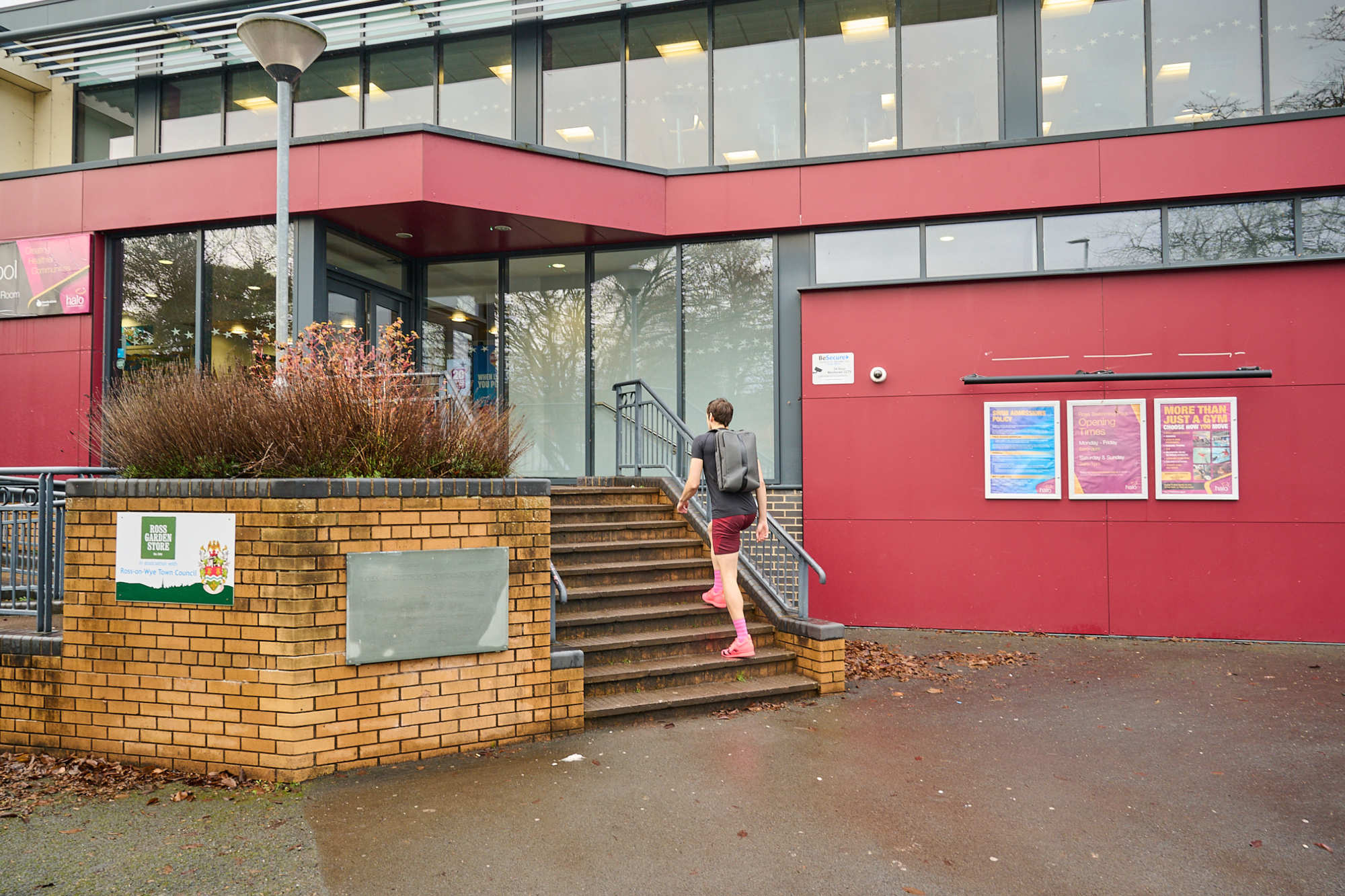
Find new café stops
A great way to motivate a winter ride is a café stop. Put cafes in a mapping app, check out some websites to see what looks good, then plot a route over there. There are countless cakes to be tried and tested!
Make Strava art
This is a little more niche, but can provide some good fun. Plotting a route to make a shape, pattern, or even spell something out. There are some weird and wonderful examples of Strava art out there!
Get in the gym
The gym is becoming a more common place to find cyclists in the winter, and for good reason! Firstly you avoid the bad weather, but far more importantly it can boost your fatigue resistance, overall power output, and sprint power. It also helps in injury prevention and long term health, especially bone mineral density. But it is very important to conduct any heavy lifting activities with the proper form. You also really should be doing it year round, not just in the winter.







